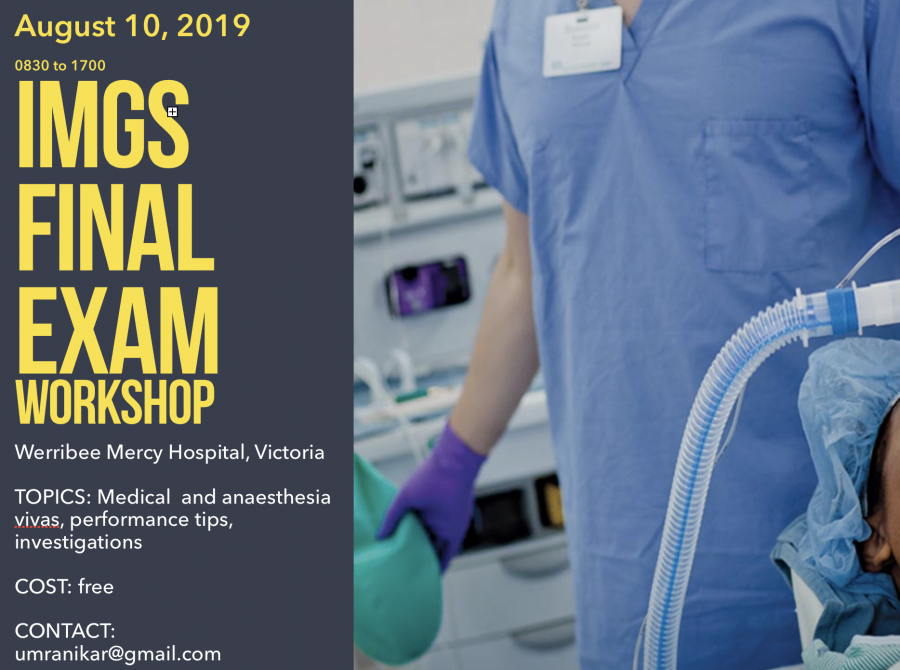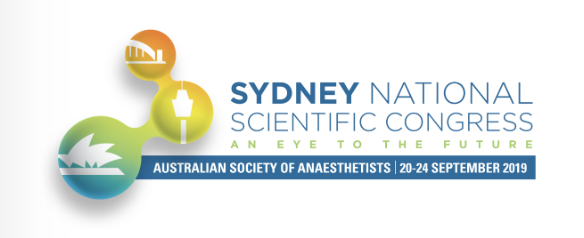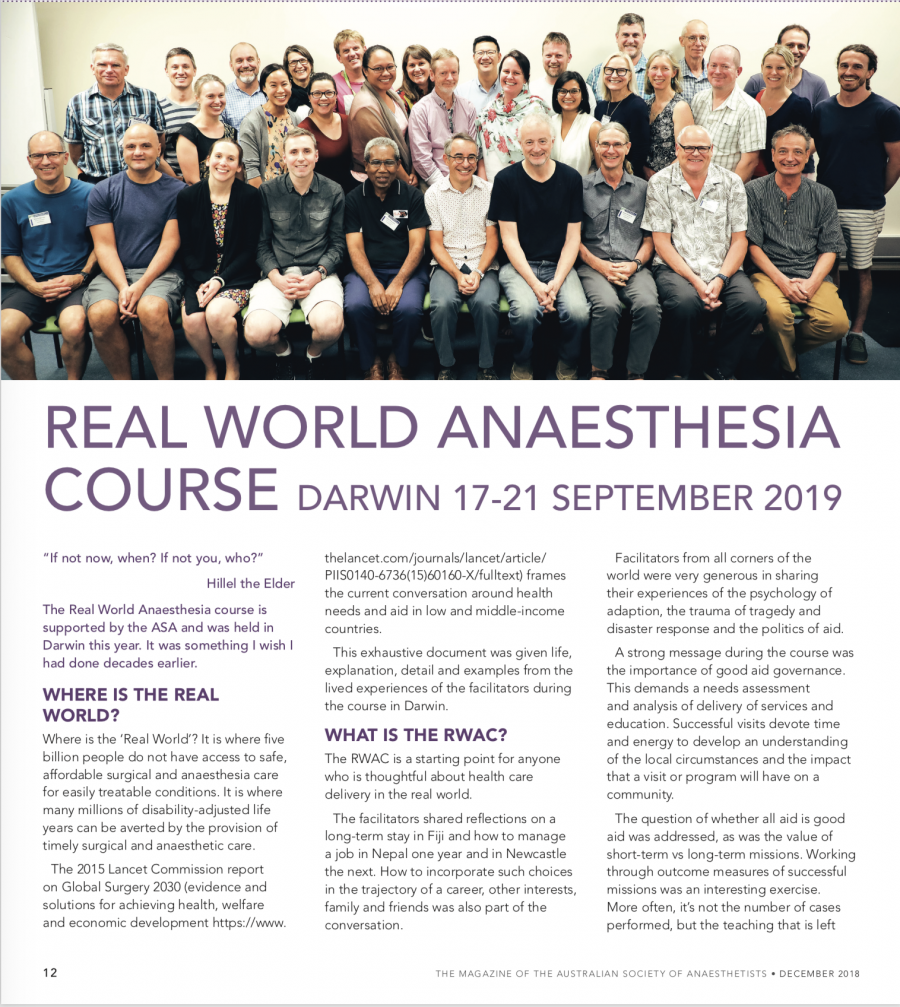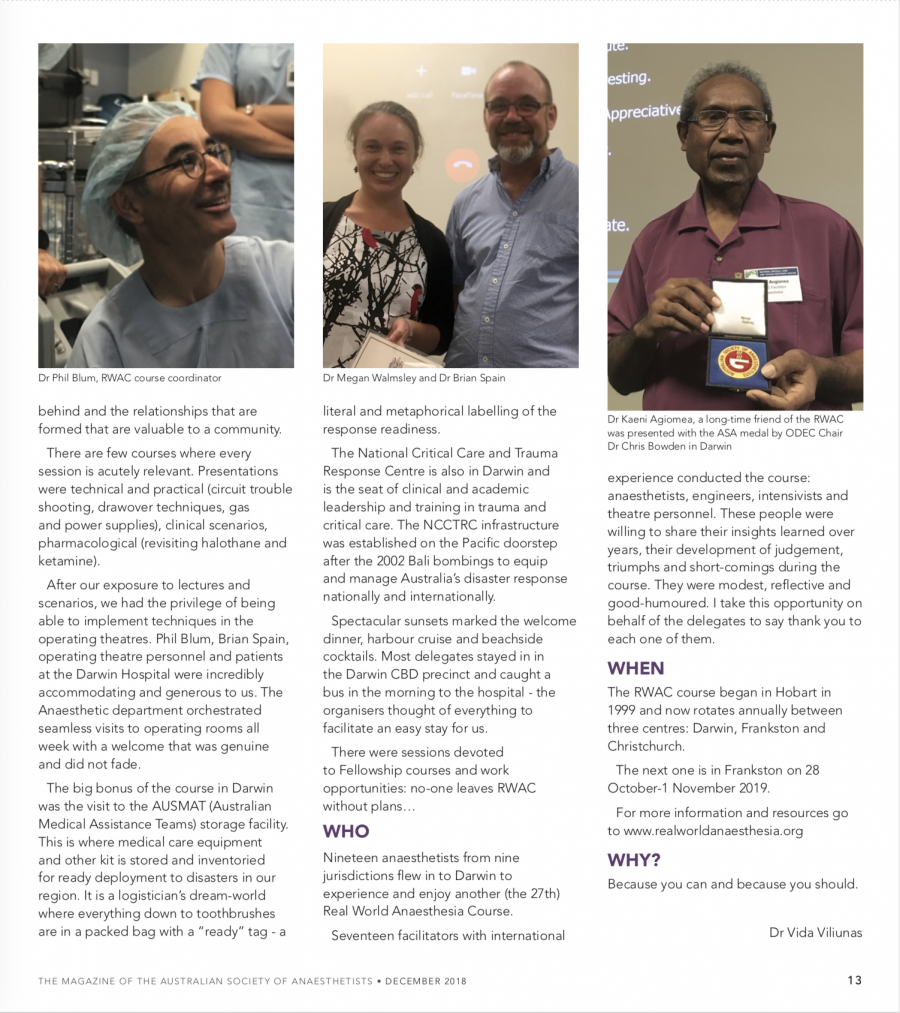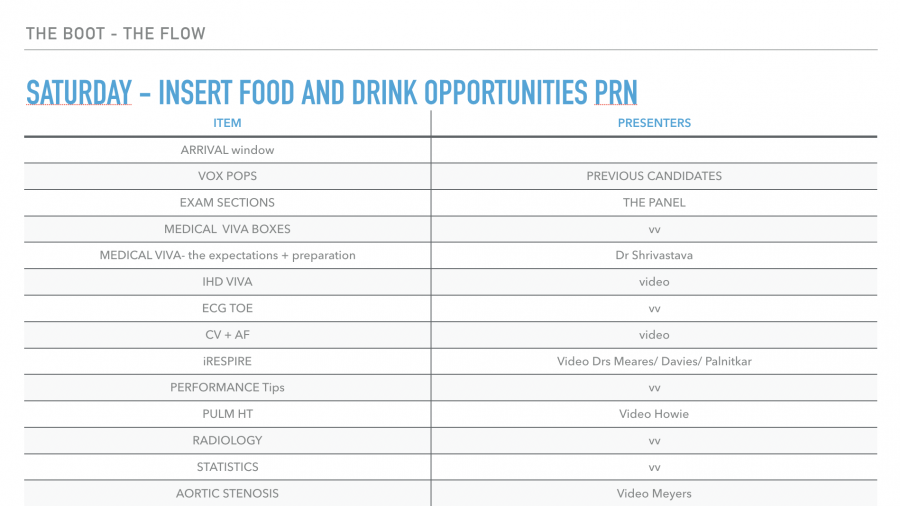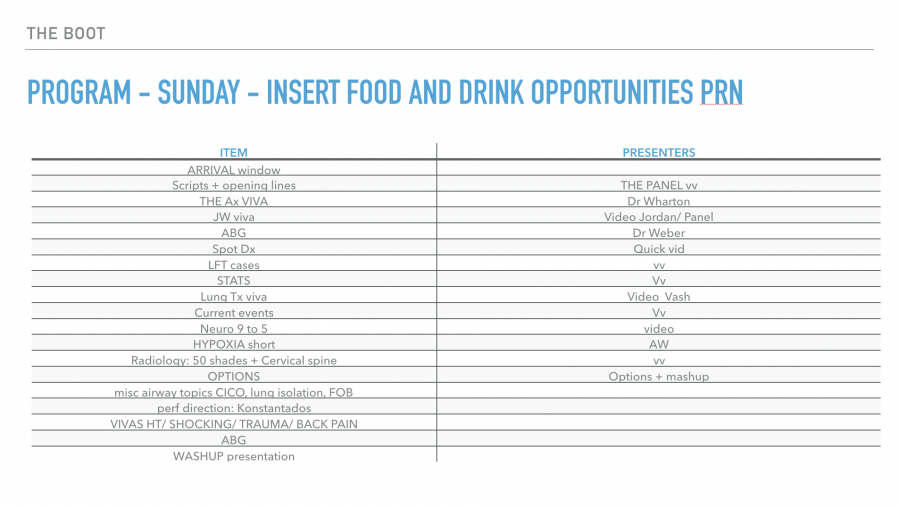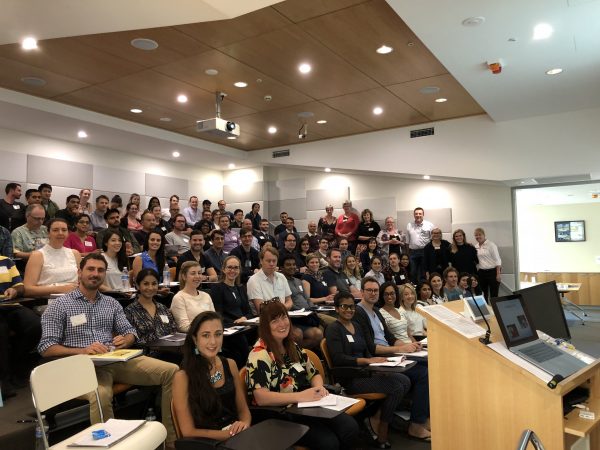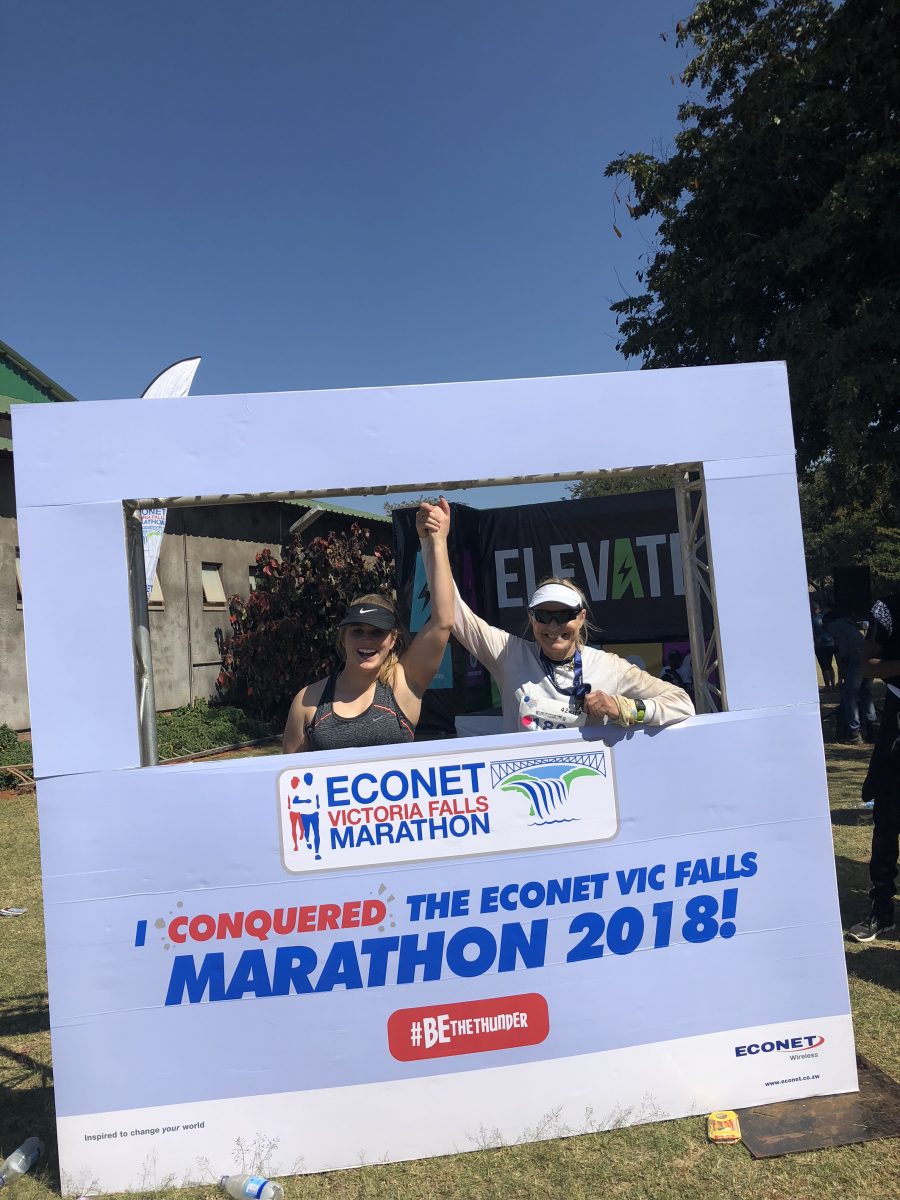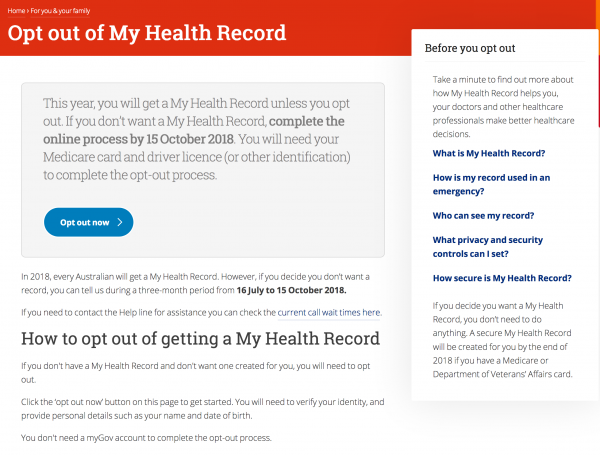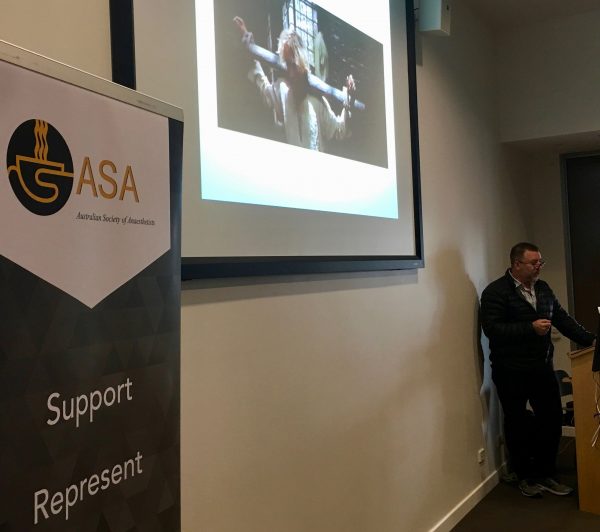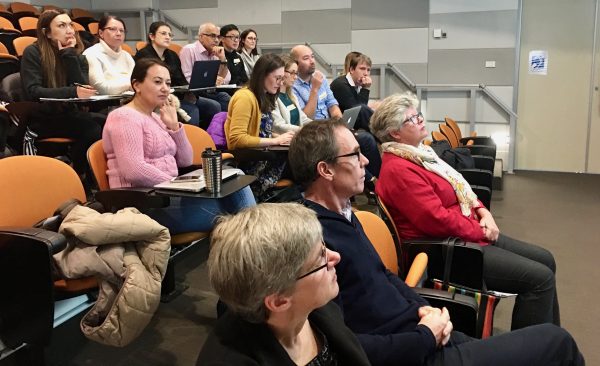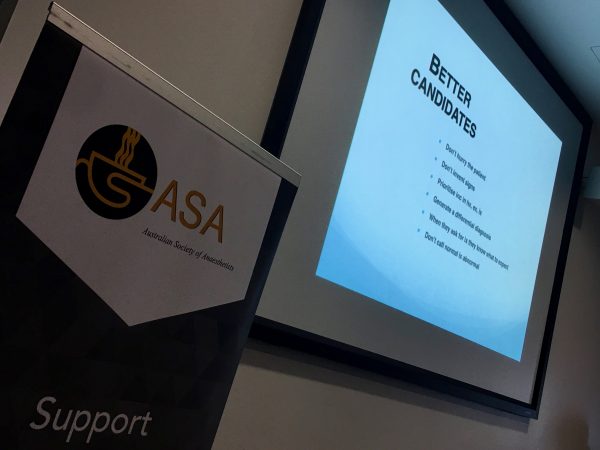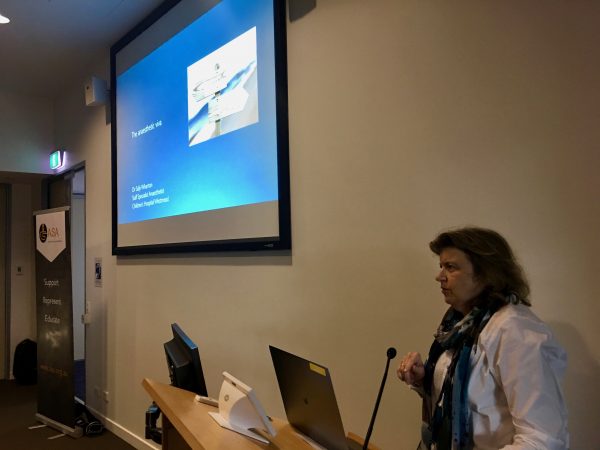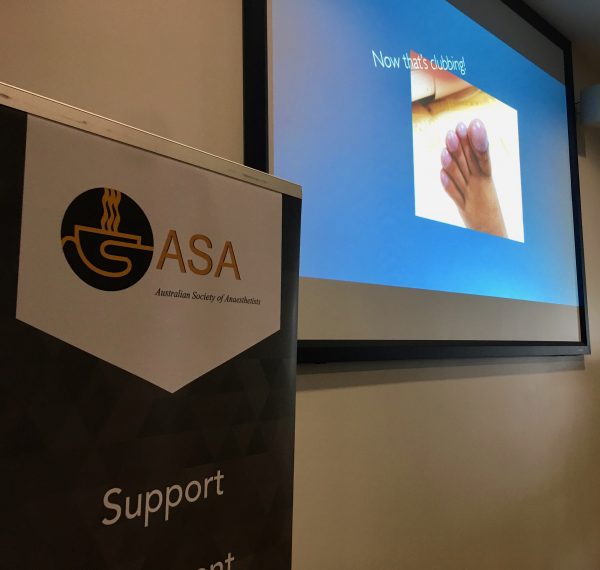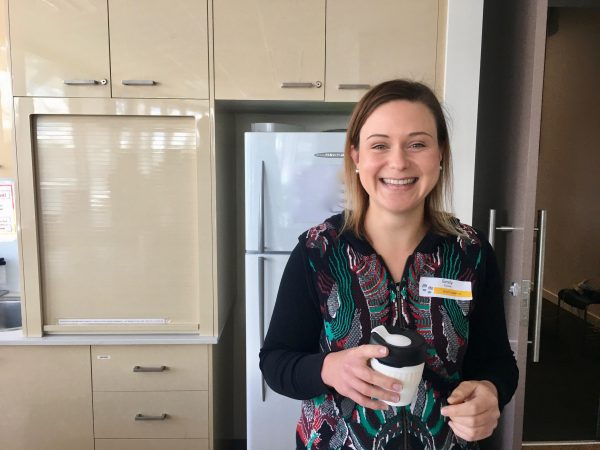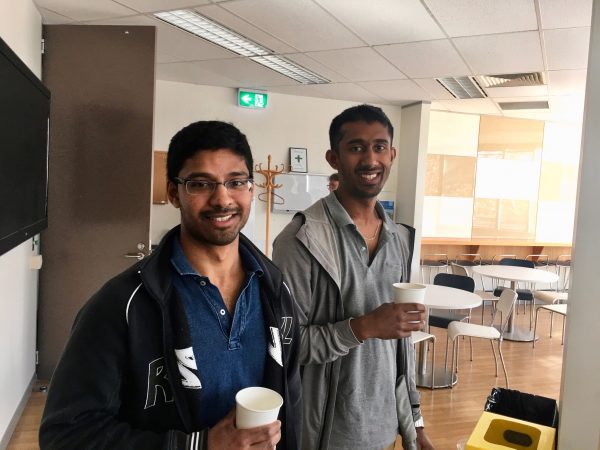Dr Peter Seal – the new ASA president wrote an excellent summary of results of the Society’s hard work during the MBS review for anaesthesia items (Dec 2018).
The short version is that there will essentially be very few changes for our patients – specifically very few cuts will be made to patient benefits. This is the result of an extraordinary amount of work by the ASA and its MBS Review Working Group – heartfelt thanks to them.
Here is Dr Seal’s message in full
The ASA, working with the Federal Minister for Health Greg Hunt and the Federal Department of Health, has been successful in preventing the implementation of the alarming recommendations of the Anaesthesia Clinical Committee (ACC) of the Medicare Benefits Schedule (MBS) Review Taskforce.
Medicare cuts in anaesthesia rebates to Australian patients in more than one million services now will not occur in what is a wonderful result for fairness and common sense.
This is an enormously positive outcome for Australian patients, for Australian anaesthetists, and for Australian healthcare! This cannot be overstated!
Minister Hunt contacted me today to confirm that the in principle agreement between himself, the Department, and the ASA, finally has been signed off on. The 19 only agreed recommendations have been approved in the Federal Cabinet papers associated with the MYEFO (Mid-Year Economic and Fiscal Outlook) process. It has been locked in now, and will appear in the 2019 Federal Budget on April 2. It will commence on November 1, 2019.
Importantly, an Anaesthesia Liaison Group (ALG) will be instigated early in 2019, and will be tasked with the ongoing stewardship of the Anaesthesia MBS, providing advice to the Department. This already has ministerial approval, and will be formalised under direction from the ASA and ANZCA.
For practising anaesthetists, there will be essentially very few changes. For instance, the ‘blood gas item’ (22018) will be deleted. We have saved and vigorously resisted a whole range of changes to services involving invasive monitoring, endoscopy, cataract surgery, and electroconvulsive therapy, just to mention but a few. The ACC Report was considerably unfair to Australian patients, in which vulnerable groups would have borne a significantly increased financial burden.
There are many people who have moved a mountain in order to enable this achievement. We commend Minister Hunt, and his Federal Department of Health officials. The support and advice of the Australian Medical Association (AMA), through its Immediate Past President Michael Gannon, and its current President Tony Bartone, along with their personnel, has been outstanding, influential and highly beneficial to the ASA, and Australian anaesthetists. ANZCA, and the academic institutions, particularly with their input through the ‘Anaesthesia Stakeholders Group’, have been strongly instrumental. David Story, David A Scott, Phillipa Hore, and Rod Mitchell have been invaluable.
On behalf of the ASA, I wish to thank our members for their forbearance and patience over these long nearly 2 years. I am grateful to our management team ably led by Mark Carmichael.
The ASA, through its Board, Council and Anaesthesia MBS Review Working Group simply have been brilliant! Much praise is due to all of the following: David M Scott, Andrew Mulcahy, Alicia Dennis, Mark Sinclair, Antonio Grossi, Suzi Nou, Andrew Miller, Nicole Fairweather, Guy Christie-Taylor, David Borshoff, Jim Bradley, and all of the State and Territory Chairs. This truly has been a monumental team effort!
If the establishment of the Anaesthesia MBS in 2001 was a crowning accomplishment for the ASA, this successful Anaesthesia MBS Review, now that its has been agreed upon, is no less so.
We would like to wish all of the ASA family, and their loved ones, a safe and happy Christmas. We can move on into the New Year of 2019 with a mixture of gratitude, relief and keen anticipation.
Australian anaesthesia now can continue being first-class. Australian anaesthetists simply are world’s best!


